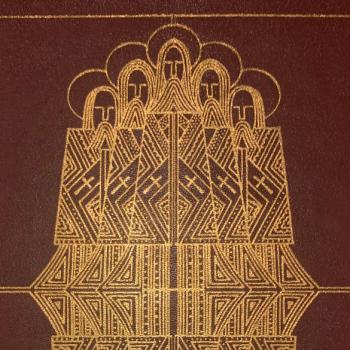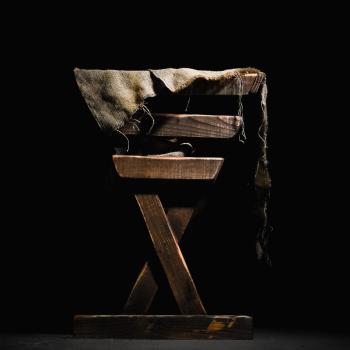One indication of how absolutely intractable and political church life has become is the way in which Williams was presented with ultimatums from every side. The Archbishop of Canterbury is not a pope, but "the first among equals" and has little going for him by way of influence beyond a bit of history, the power of suasion, and some measure of investment by all concerned in the unity of the church. In this case, the absence of the third eviscerated the power of the others.
The responses have been depressing:
Some seem to be waiting for someone who will be more effective. But it is difficult to imagine what anyone else can do. Williams had theological sympathies that leaned in one direction; a capacity to embrace those who differed with him; and the courage to let something larger make a claim on his life. In a church that is this deeply divided, that's the best combination for which one can hope. Any other kind of leader will divide the church by coming down sharply on one side or the other.
Others have threatened to move the center of Anglicanism elsewhere. That, too, will have predictable results. And the church that emerges from that move could hardly lay claim to even the illusion of an Anglican Communion.
Others have simply shrugged, arguing that the notion of a worldwide Anglican Communion was either a fantasy, or is now no longer tenable.
I wish I could be so sanguine. What we have lost is something far larger than a quaint, vaguely English expression of Christianity.
What we have lost is our capacity to witness to the power of the Gospel: to its universal embrace—to the community it is able to forge in unity as the people of God—to its power to transcend and heal human differences.
In its place is a very different kind of witness: a witness to the power of tribalism—a witness to diverse versions of the Gospel and churches to go along with it.
We have also set a precedent for the future: Because if we are prepared to walk away from unity here, there is no argument to be made for unity anywhere else—within churches, dioceses, or individual parishes—the priesthood of all believers run amok, every individual a church.
In the final analysis perhaps that is why we are hesitant to spare a thought for hapless Rowan. It's hard to step forward if you allow someone enough time to say, "Let the one without sin cast the first stone."





